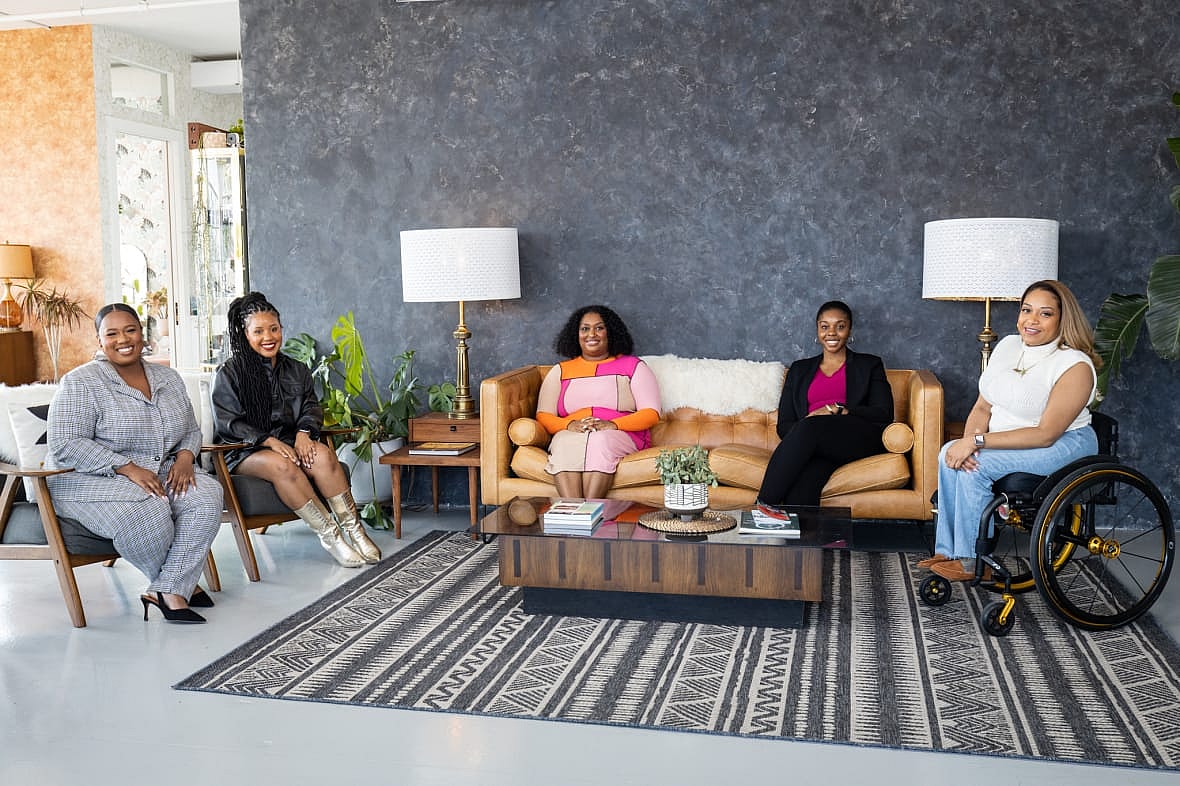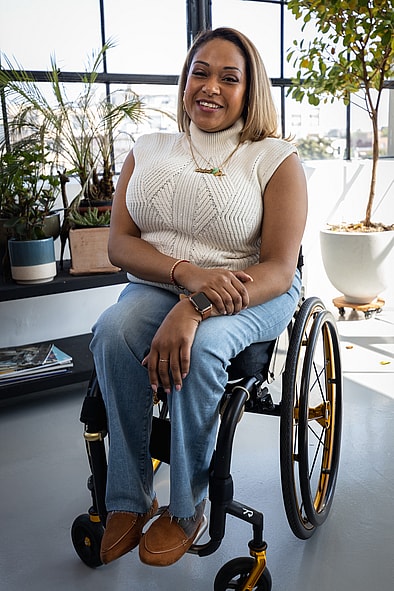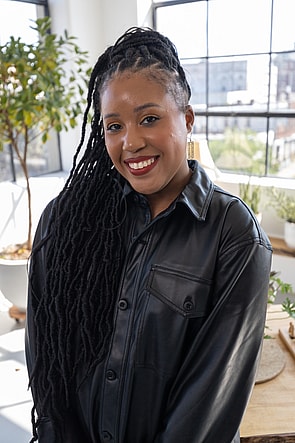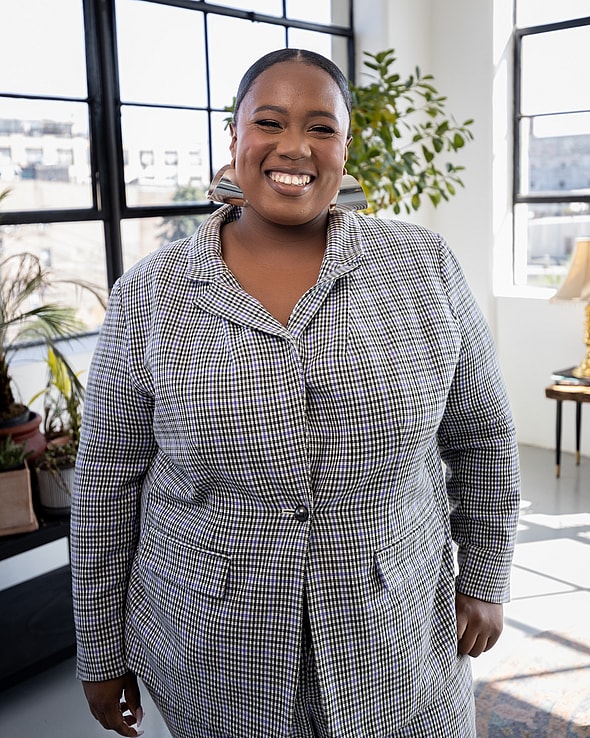Black women are speaking up about their mental health journey and the stigmas around mental health in the Black community.
In the latest episode of theGrio’s series “Unheard,” Amaka Gratia (psychiatric nurse practitioner and mental health consultant), Andrea Dalzell (registered nurse and chief operating officer for Access Project Harlem) D’Shonda Brown (culture and entertainment expert and editor), Dr. La Shawn Paul (founder of Social Work Diva, mental health therapist and consultant) and Yasmine Jameelah (founder of Transparent Black Girl) offer full transparency and dive into what their mental health journey has looked like.

During the pandemic, Dalzell’s mental health was affected because she had to go through 76 interviews to find clinical placement as a registered nurse who uses a wheelchair.
“To face that amount of rejection, not understanding why my qualifications didn’t get me the job was the impact like to take me out,” says Dalzell. “And then the statistics that are out there that tell you that you’re not going to be anything as a Black woman or as a disabled person you’re supposed to stay home and eat bonbons or you’re too busy being sick trying to take care of yourself so you’re not good for placement was all I saw and all I knew.”

(Photo by Joseph Stancavich on behalf of theGrio)
According to Psychiatric Times, “women experience depression at rates twice that of men. But Black women are only half as likely to seek care as White women.”
“In my practice, something that I frequently hear is: “I don’t have time to be depressed,” says Dr. Paul.
“Oftentimes we don’t necessarily take time to check in with ourselves because we are productive,” she continues. “Also, some of it is shame. Not necessarily knowing [and] being the first person to actually admit something is wrong.”
Paul also acknowledges that access and awareness can also be a factor, noting there isn’t enough funding, everyone doesn’t have health insurance and mental health parity is not up to par.
Brown shares she’s been in therapy since she was 21 years old. Her father helped her find a therapist after an attempt to take her own life while dealing with post-grad depression.
“The D’Shonda that am today wouldn’t be here,” says Brown. “I think that therapy doesn’t only teach your own mental health and wellness, but it teaches you a lot about how you interact with other people in day-to-day life. I wouldn’t be as mature, I wouldn’t be as emotionally stable, I wouldn’t be as communicative if it wasn’t for therapy.”

(Photo by Joseph Stancavich on behalf of theGrio)
When it comes to debunking myths about mental health Jameelah says: ” I want to dispel the myth that there is this optimal level of healing that you reach and that you’ll no longer need therapy after that. It’s OK to have a relationship with a therapist on a long-term basis.”

(Photo by Joseph Stancavich on behalf of theGrio)
Gratia adds she would like to debunk the myth associated with taking medication.
“Within my field [of] work, I prescribe meds regularly, and with some clients, they really are in a space of feeling like they’re a failure or there’s something really wrong with them,” says Gratia. “Taking meds for depression is akin to taking pain relief for a headache. Everyone has meds that work best for them.”
Check out the full conversation above.
TheGrio is FREE on your TV via Apple TV, Amazon Fire, Roku, and Android TV. Please download theGrio mobile apps today!

